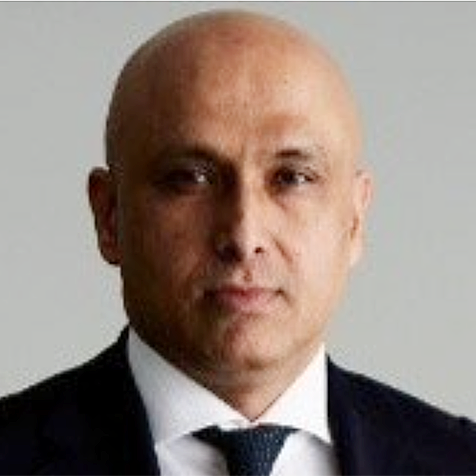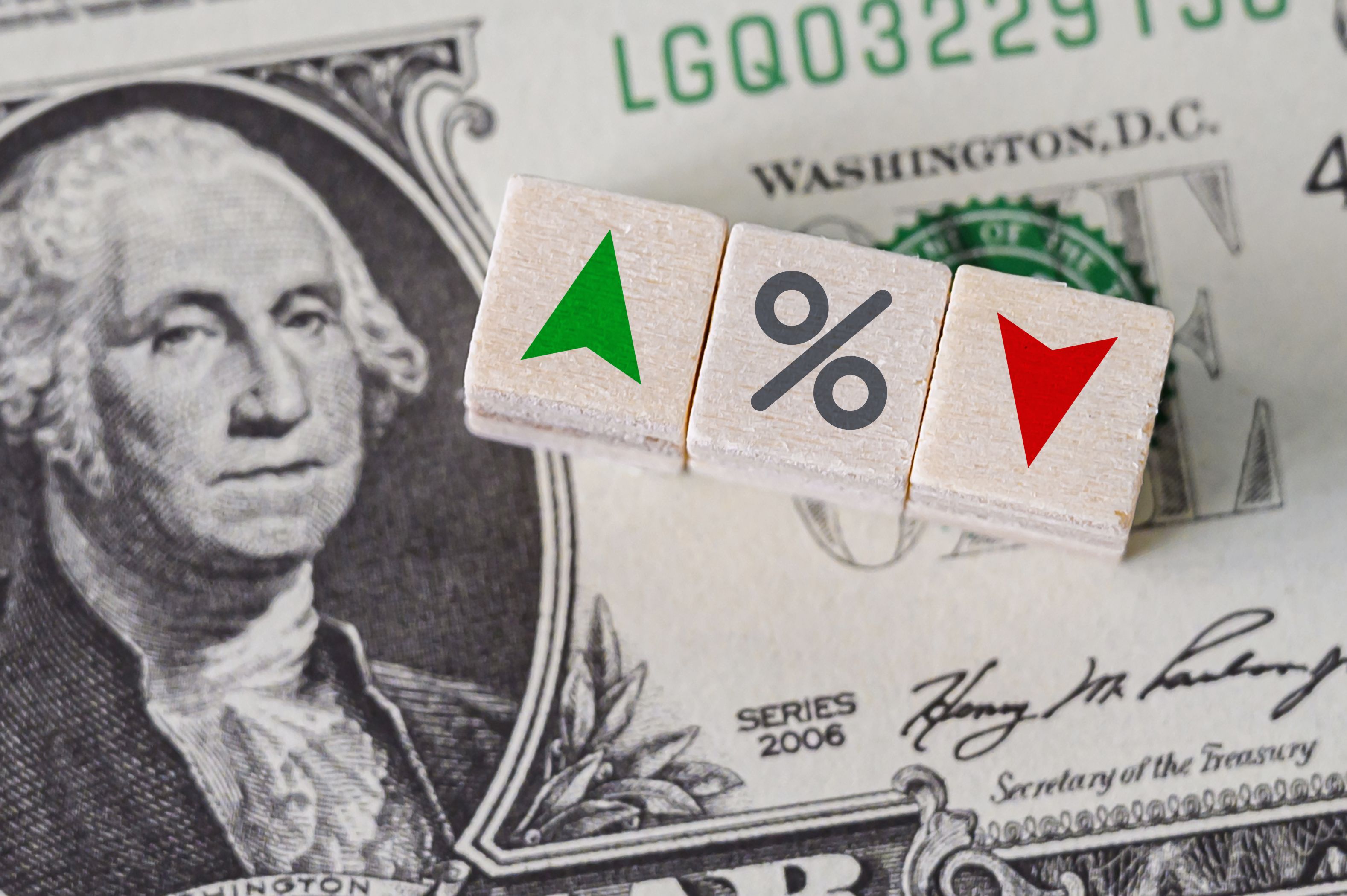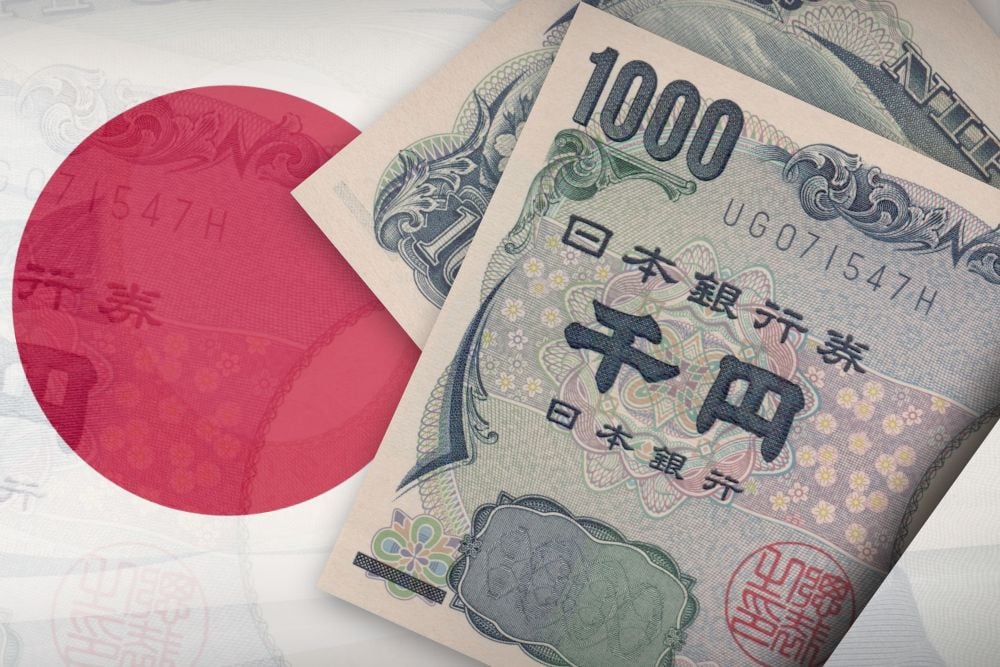 |
|
Gaming in Macau has received increased attention in recent months due to its sudden decline after years of meteoric gains. The shrinking gaming revenue base and about $20 billion in new resort development has led to talk by some that it could in time become a better rounded destination and perhaps catch up to Las Vegas in terms of non-gaming offerings.
The Macanese government, with a prod from mainland China, has made it a priority to diversify its economy away from gambling by broadening its appeal as a travel destination. However, when setting benchmarks and goals Macau’s officials need to be cognizant of Macau’s supersized gaming revenues, in part inflated by the VIP commissions, and the high 39% gaming tax rate that will make catching up to the Las Vegas Strip’s non-gaming mix difficult if not impossible.
The Las Vegas Strip, with its nightclubs, shows, conventions and celebrity chef restaurants, is the poster child of diversification. In 2014, 63% of its revenues came from non-gaming activities. By contrast, Fitch estimates that Macau’s non-gaming activities accounted for less than 10% of the resort gross revenues.
Why? For one, Macau’s oft-cited handicaps such as the lack of a world class airport and shortage of hotel rooms and meeting space to handle large scale conventions are partly to blame. However, these factors explain only a part of the story and will to a large extent get remedied soon. A bridge is being built that will connect Macau to Hong Kong’s airport and the resort expansions being built in the Cotai area of Macau will add nearly 12,000 rooms, a 50% increase, and other non-gaming amenities.
But the biggest impediment to diversification for Macau may be what casino operators and investors consider its main strength – its proximity to China, where gambling is otherwise forbidden. High speed rail and hydrofoil ferries help bring in over 65,000 Hong Kong and Chinese visitors each day, many staying just for a day. To meet the insatiable demand for gambling Macau packs over 5,800 gaming tables on less than 12 square miles of tropical hills and landfill. And even amid the current slowdown, each table game generates more than US$12,000 per day, more than double the most productive Las Vegas Strip casinos. This strong gambling demand tends to shrink the non-gaming aspects as percentage of the whole pie and price out more casual gamblers and non-gamblers.
More than half of Macau’s gross gaming revenues come from the “VIP” players. These players are often brought to the casinos by junket agents, which provide credit and act as hosts to the players. The casinos pay commission for this business– about 40% of the players’ theoretical win – most of which goes to the players. Macau’s reported gaming revenues are gross of these commissions and Fitch estimates that net gaming revenues are roughly 15% lower. While Macau casinos may spend thousands flying in and pampering a VIP player, the cash value of the perks typically pales in comparison to the theoretical gross gaming revenue generated.
Premium mass players, a step down from VIP, are mainly differentiated from VIP in that they do not require credit, deal directly with the casino and may get a slightly less of a royal treatment. Las Vegas Sands, the leader in Macau’s mass segment, allocates about 20% of its tables to premium mass and generates about $15,000 each day off these tables. Perks for this segment is a more meaningful relative to the gaming revenues – Fitch estimates roughly 10%-20% of gaming revenues.
In addition to its restrained table and hotel room capacity, Macau’s high 39% gaming tax rate makes it less enticing to market to more casual gamblers – the “base” mass. Nevada’s gaming tax rate is 7%, which means that a Las Vegas Strip operator, all else being equal, can reinvest additional 32% of the player’s theoretical win into the player in form of comps relative to Macau without sacrificing margin. A customer that may look barely profitable in Macau is a lot more attractive to a Las Vegas casino. Las Vegas Strip’s 63% non-gaming mix includes 10% of free giveaways, or about $1.5 billion worth of rooms, food and beverage.
Conclusion:
To be sure, Macau’s non-gaming mix will improve. Gaming revenues are on track to decline about 40% from the peak during the current slowdown. Vegas-style attractions such as a performance lake, an Eifel Tower replica and a Ferris wheel are now under construction in Macau and will attract cash paying customers that will have the additional rooms to stay at. That said the Las Vegas Strip is an unfair rival in terms of non-gaming mix. In a nation where 41 out of 50 states now have casino gambling, the Vegas Strip is still very much the face of the sector and will likely remain so for the foreseeable future.
Alex Bumazhny is a director in the US Corporate Finance group at Fitch Ratings








